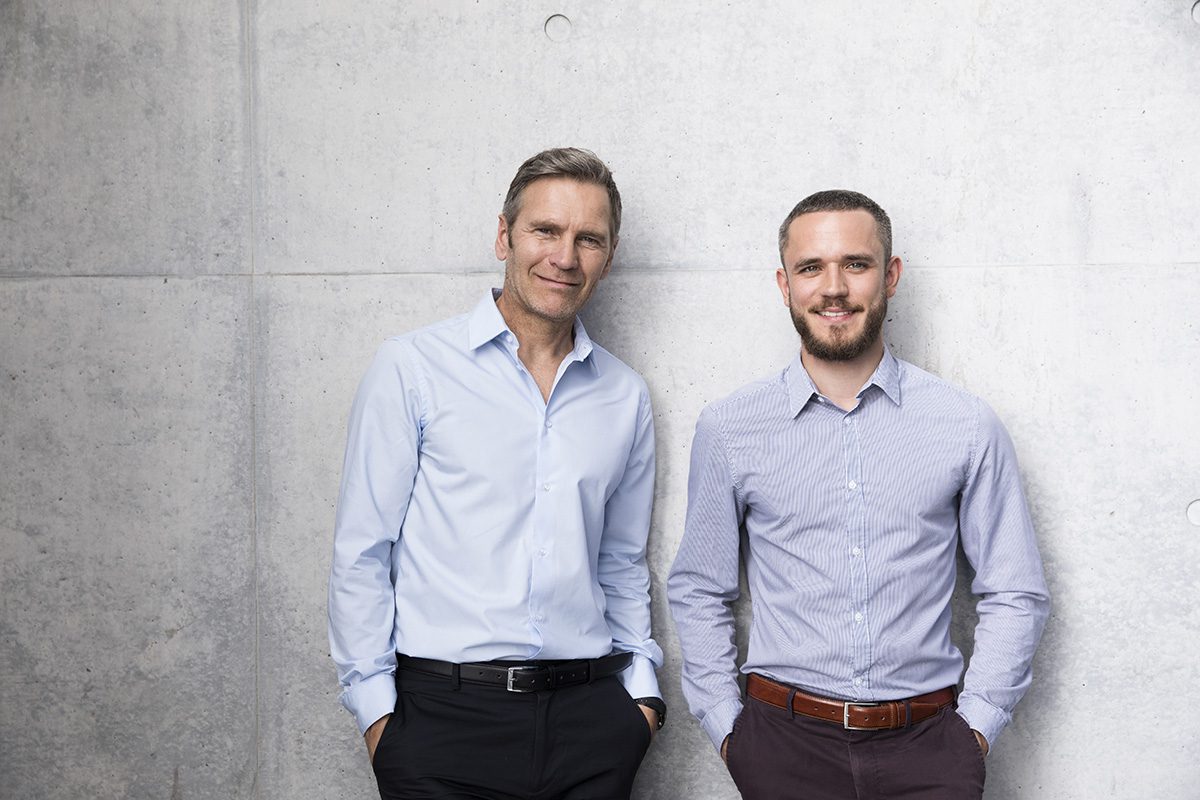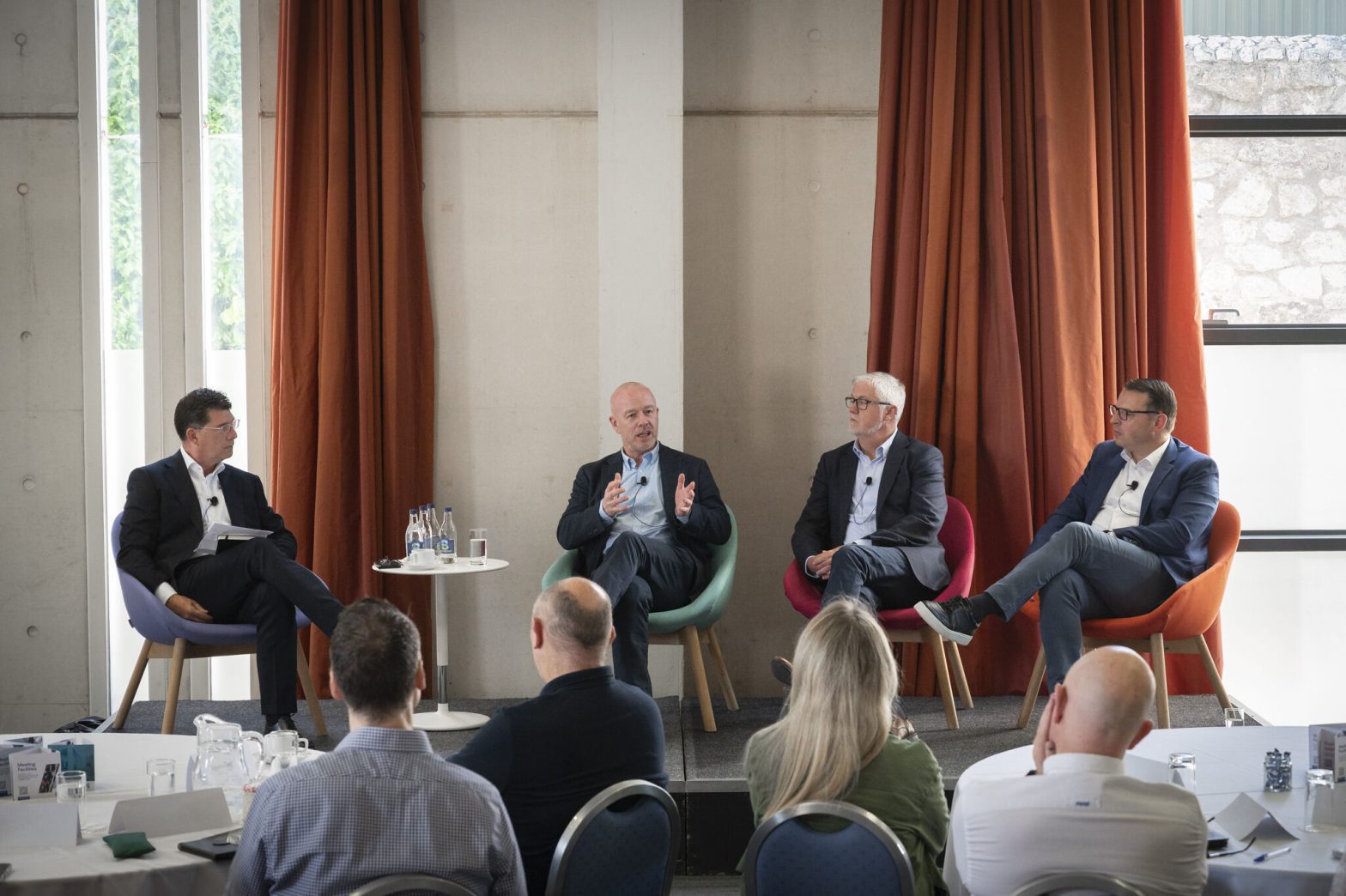Embedding a Coaching Mindset in your Organisation
By Carol Mannion | 18th December 2020
How leaders can lead and embed a coaching mindset within their organisations
A recent survey conducted by NUI Galway’s Whitaker Institute found that 92% of people want to continue to work remotely after the pandemic. Having discovered the benefits of no commute and greater flexibility, employees of organisations all over the country are rethinking what work means to them and how they want to work in the future. Even with a vaccine roll out on the horizon, it is certain that the impact of the pandemic on our workplaces and ways of working will continue to be felt throughout next year and beyond. The pandemic has accelerated our transition into the workplace of the future and there’s no turning back now.
Paradoxically, our evolving workplace reminds us that despite our increasing reliance on digital technologies, human connection is crucial to our working experience. We know that connectedness is critical to engagement and that engaged employees deliver higher performance, more satisfied customers and ultimately, better business results.
We’ve heard many times throughout this pandemic that we are in the same storm but in different boats. Keeping people connected in a remote work environment is challenging and there doesn’t appear to be a “one size fits all” solution. Leading with a coaching mindset is particularly important in situations like this, where there is ambiguity, uncertainty and a diversity of experiences and perspectives to consider.
Conceptually, coaching acknowledges the uniqueness of each individual’s experience. It is rooted in the belief that each person possesses internally all the capacity they need to solve problems and achieve their potential. It is a creative and non-directive approach that centres around active listening and open questioning with the goal of building confidence and independence.
Coaching has long been advocated in people management practice as an effective approach for empowering and enabling performance. Whilst the skills of coaching are routinely taught on most organisational leadership development programmes, simply applying coaching skills mechanically will not suffice in the dispersed working environment we now find ourselves. As coaching expert and author John Whitmore describes it, coaching is not only a practice but “a way of being” in the world.
There is a growing belief amongst leadership development practitioners that mindset follows action. A focus on practicing, developing and role modelling the four leadership capacities below will move you, your team and your organisation towards an embedded coaching mindset.
- Build trust
Every interpersonal interaction constitutes either a deposit into or withdrawal from the “trust bank account”. As a leader, how you communicate and role model trustworthy behaviours will impact the account balance of your team members collectively and individually. Encouraging and rewarding inclusive and trust-building behaviours is critical to embedding a coaching mindset.
- Encourage empathy
Empathy is about acknowledging and validating another’s experience, especially when that experience is different from yours. As we all steer our own “boats” in this pandemic “storm”, it is all too easy to find ourselves sitting in judgement of others. Coaching conversations allow us to acknowledge that we may see things differently even when we are looking in the same direction.
- Strengthen emotional Intelligence
Emotional intelligence (EI) is about more than simply “reading” another’s emotions. EI development work is a deep introspective process to understand and manage our own triggers and responses, especially in high-stress situations. In times of crisis and/or uncertainty, people with high EI tend to be calmer and more effective.
- Focus on outcomes
Micromanagement and coaching cannot co-exist. Micromanagement erodes trust, agency, and autonomy. It is the antithesis to building self-belief which is at the heart of coaching. Coaching is an outcomes-focused practice. Expectations are set and the individual is empowered to meet these expectations drawing from their own resourcefulness. A coaching approach gives each individual space to figure out how they can best achieve their expected business results.
The great remote working experiment of 2020 has ushered in a new era of the workplace. The future of work is here and leaders of organisations all over the world are grappling with what that means in practice. How do we continue to reap the substantial benefits of connectedness and engagement to our business results whilst people are physically distant from each other? Fostering and embedding a coaching mindset represents a highly effective option as we continue to lead and evolve our workplaces in 2021.




